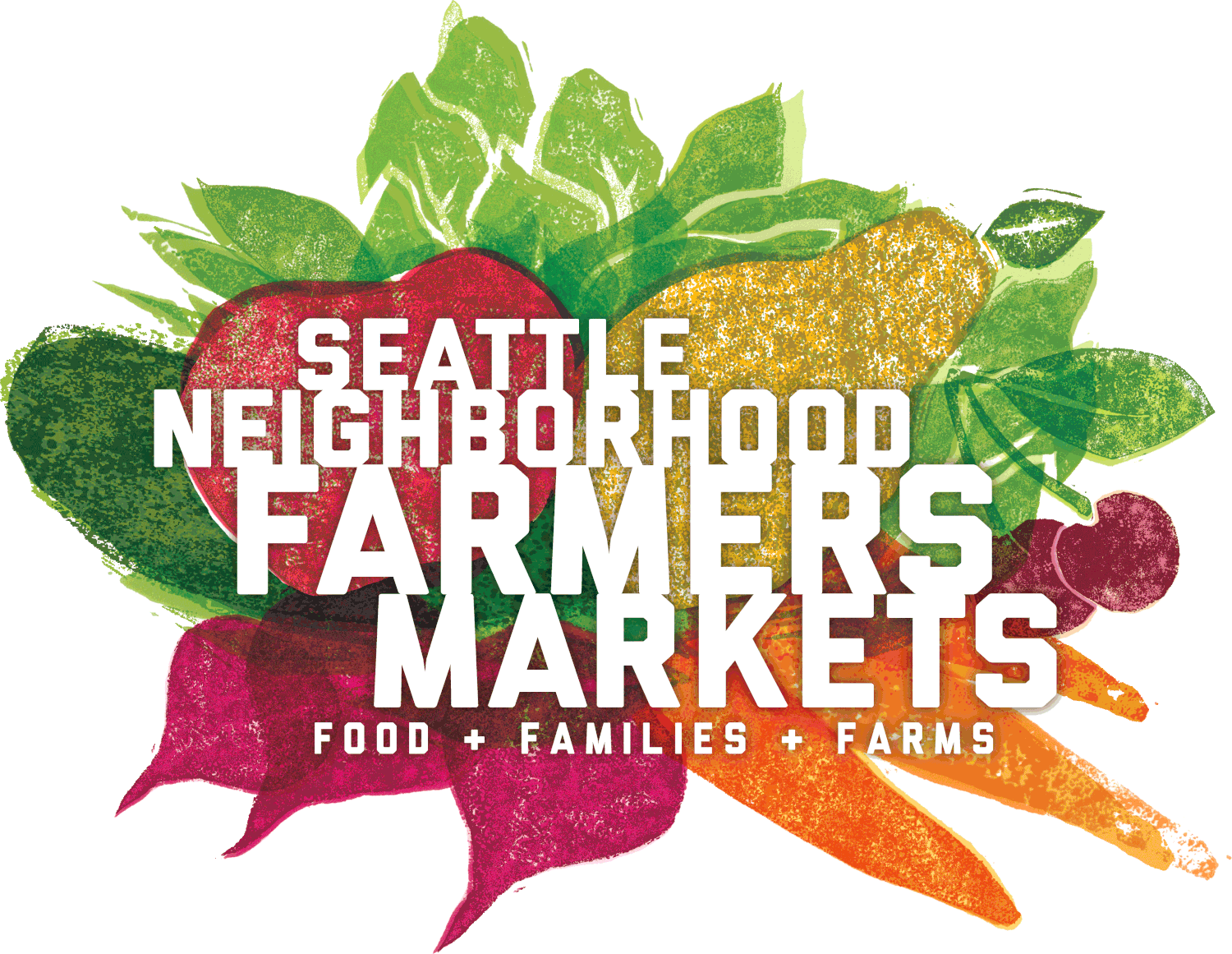The Namesake Cheese
Paul Fantello, of Fantello Farmstead & Creamery, standing in the milking room of his Grandma Filomena’s dairy, which she ran up into her 80s.
Out on an expanse of sprawling grassland at the foot of Mt. Rainier, in a place the Muckleshoot called “thundering noise”, Paul Fantello and his family proudly carry on a long-held tradition of cheese and cultured butter making.
He lives in the Enumclaw house his father grew up in, where he raises 20 Jersey dairy cows on the same pasture his grandmother raised her herd. Jersey cows are known for having flavor rich milk that is higher in protein and fat than the average dairy cow.
He and his partner Patricia and their children make the award-winning butter and cheese that keep his grandmother’s traditions alive.
Their most famous French Alpine Raclette, a flavorful and soft cheese, is called Filomena, after Paul’s grandmother. It’s aged a minimum of 60 days before coming to market. It won second place in the nation at the 2022 American Cheese Society Competition in the raclette category.
The winning Filomena cheese.
Paul has been adding cover crops and different varieties of local indigenous grasses to nourish his herd. The hay and grasses that the cows eat also flavor the milk and products that Paul makes, giving his products a special "taste of place". This unique and regional flavor illustrates the deep biological connections we have to the land and the creatures who feed upon it.
His little herd grows a bit now and then. Below, there is a photo of his newest addition.
A new born female calf standing with her mother. March 26, 2025
Since cows must be pregnant and have a calf to continue producing milk, the fate of male calves is something farmers have to contend with. A farm doesn’t need multiple bulls so the calves are often processed for veal.
Paul takes responsibility for his animals and they stay out on the pasture with their mothers for a good long while before their time comes. Often 8-12 months as opposed to the 18 weeks or less that most calves get. This is called rose veal, or young beef. It’s a more humane practice that also changes the quality and flavor of the meat produced.
The females stay with their mothers, sisters, and cousins and go on to produce the milk needed to make all that delicious cheese and butter.
There is one exception: Gwendolyn the Cow. Regular market-goers might be familiar with Jan, from Neighbor Lady Cheese, and her market mascot, Gwendolyn the Cow. Gwendolyn is originally from Paul Fantello’s farm. She is a ‘freemartin’, or a female calf (heifer) who was born a twin with a male (bull) calf. When there are male and female twins, the hormones in utero make it so that the female calf is sterile and cannot breed and therefore cannot produce milk.
Gwendolyn was fated to be veal along with her male twin, but she kept escaping onto a neighboring farm. Jan adopted her as a pet and has provided Gwendolyn with the life a free-spirited freemartin like she, deserves.
It’s little connections and stories like that which make the markets truly a special place. These are real people, and real animals, with both a past, a present, and a future.
Although Paul worries about the effect of inflation and climate change on his farm as drought issues worsen in the area, he is preparing for his future and has expanded his operation quite a bit in the last few years. With a grant from PCC Markets he has been able to get a second butter churn that will double their production. He has been able to apply a government grant to pay for a staff cheese-maker to keep up with the expansion and is optimistic about the possibilities.
Be sure to pick up some of their butter and cheese the next time you’re at the University District Farmers Market. You too can be a part of Grandma Filomena’s legacy.
If you want to know more about Fantello Farmstead & Creamery, their products, and services, visit their website linked here.
If you’d like to read about the precautions Paul and fellow farmers are taking against the avian flu, read this article here.
If you’d like to help other farmers, like Paul, get help and funding they need during difficult times, learn about and donate to our programs like the Good Farmer Fund here.



